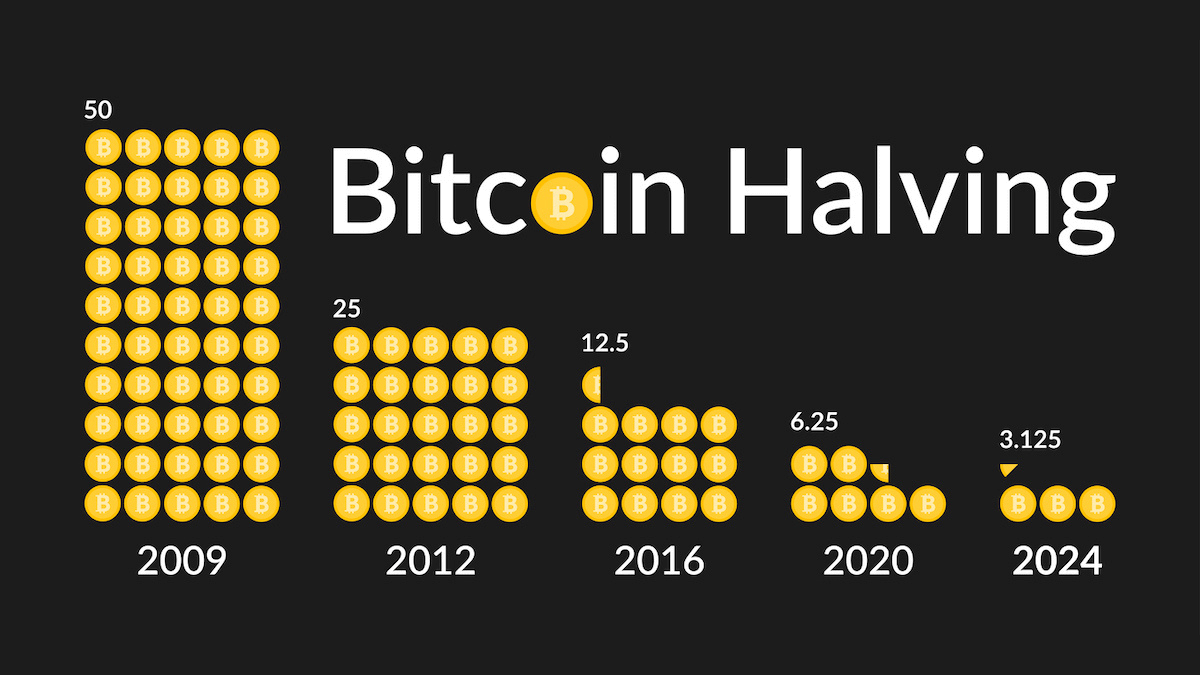Rehypothecation is an alternative name for re-pledging and it’s a practice where banks and brokers use assets posted as collateral by their clients for their own purposes. Clients allowing rehypothecation might benefit from lower borrowing costs or rebates on fees. This practice, while offering financial advantages, also comes with significant risks that investors need to understand.
How Rehypothecation Works
In rehypothecation, securities posted as collateral by a client (such as a hedge fund) with a prime brokerage can be used by the brokerage to back its own trades and transactions. This creates a situation where the same asset is used multiple times as collateral, enhancing leverage but also increasing risk.
Key Concepts
Hypothecation: When a borrower pledges assets as collateral for a loan.
Rehypothecation: When a lender reuses those pledged assets for its own borrowing needs.
Examples of Rehypothecation
Imagine a hedge fund deposits securities as collateral with a prime brokerage. The brokerage, in turn, uses those securities to secure its own loans or trades. This layered use of the same asset amplifies financial leverage and potential gains, but also magnifies risks.
For example, if a company’s bond portfolio consists of 40% bonds obtained as collateral and 60% bonds acquired through direct purchases, the company is presumed to use that bond as collateral in the same proportion—40% from the collateralized bonds and 60% from the directly purchased bonds.
Historical Context
Rehypothecation was prevalent until 2007. However, the collapse of Lehman Brothers and the subsequent credit crunch in 2008-09 led to increased caution among hedge funds and other financial entities. In the U.S., the SEC’s Rule 15c3-3 limits rehypothecation to 140% of the loan amount to protect clients’ assets.
Advantages and Disadvantages of Rehypothecation
The Advantages
Lower Borrowing Costs: Clients might benefit from reduced fees or lower interest rates.
Efficient Use of Capital: Financial institutions can optimize capital use, potentially increasing profitability.
Liquidity Solutions: Rehypothecation provides temporary working capital, addressing liquidity needs.
The Disadvantages
Transparency Issues: Clients may not be fully aware that their assets are being used in this way.
Increased Risk: Overleveraging can lead to significant losses if trades fail.
Potential for Default: If the primary institution fails, clients may lose their collateral, becoming unsecured creditors in bankruptcy proceedings.
Rehypothecation vs. Hypothecation
Hypothecation involves pledging an asset as collateral for a crypto loan, with the lender retaining the right to seize the asset if the borrower defaults. This is common in mortgages, where the home is the collateral.
Rehypothecation occurs when the lender takes the pledged asset and uses it to secure their own obligations.
Example
Consider a home mortgage: The borrower uses the house as collateral. If the lender (the bank) then uses that same house as collateral for its own borrowing, this would be rehypothecation. If the bank fails, the secondary lender may claim the house, complicating the original borrower’s situation.
Protecting Against Rehypothecation
Use Cash Accounts: Avoid margin accounts that allow rehypothecation. A cash account ensures that trades are covered by the cash available, avoiding the complexities of margin trading.
Read Agreements Carefully: Understand the terms of service agreements with brokers or banks. Opt-out of rehypothecation clauses where possible.
Specify Contract Terms: For individual transactions, explicitly restrict rehypothecation in the contract to protect your assets.
Real-World Example: MF Global
In 2011, MF Global’s use of rehypothecation contributed to its collapse. The company used client funds as collateral to bet on Eurozone bonds, leading to a $6.3 billion loss when the securities failed. Clients, as unsecured creditors, struggled to recover their assets during bankruptcy proceedings.
Rehypothecation in the Crypto Space
Bitcoin and other cryptocurrencies can also be rehypothecated. This involves using Bitcoin as collateral to secure loans or trades. Due to the high volatility of cryptocurrencies, this practice carries substantial risk. A margin call in a volatile market could lead to rapid liquidation and significant losses.
How Much Can a Broker Rehypothecate?
In the U.S., the SEC limits rehypothecation to 140% of the loan amount. However, this limit does not apply globally. For instance, MF Global exploited more lenient international rehypothecation limits, leading to severe consequences.
Why Crypto Loan Borrowers Should Consider Helio Lending
The Benefits of Helio Lending
No Rehypothecation: Helio Lending does not rehypothecate your crypto assets, ensuring they remain secure and under your control.
No Margin Calls: Borrowers will have never have margin calls for qualified crypto loans
Non-Recourse: Downside price protection for qualified loans
Competitive Rates: Helio offers low-rate crypto loans, making it an attractive loan option for borrowers.
Security: With a focus on safeguarding client assets, Helio provides a trustworthy platform for obtaining crypto loans.
Transparency: Clear terms and conditions ensure clients are fully aware of how their assets are managed.
Considering Helio for No Rehypothecation Crypto Loans
Helio Lending stands out as a top-rated CeFi aggregator by providing secure, low-rate crypto loans without the risks associated with rehypothecation. By choosing Helio, borrowers can enjoy the benefits of crypto-backed loans while maintaining control over their assets and avoiding the pitfalls of traditional rehypothecation practices.
Understanding rehypothecation is crucial for both traditional and crypto investors. While it can offer lower costs and enhanced liquidity, the associated risks require careful consideration and informed decision-making. For those seeking secure and transparent crypto loans, Helio Lending offers a reliable alternative, prioritizing client asset security and providing competitive loan terms.
Whether you’re trying to secure a crypto loan for BTC, ETH, XRP, or others, Helio can help sourced and secure the best low-cost loan for your crypto investing or other financial needs. Apply for a crypto loan today or contact our team about any questions you have about our crypto lending services.




